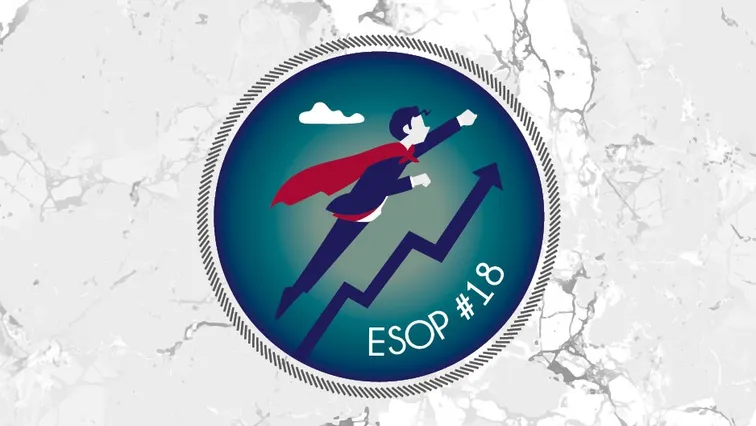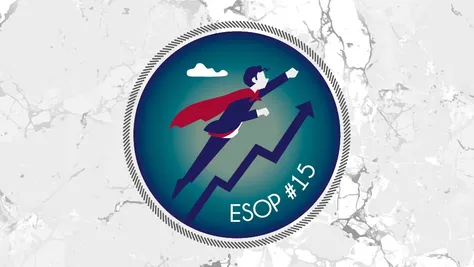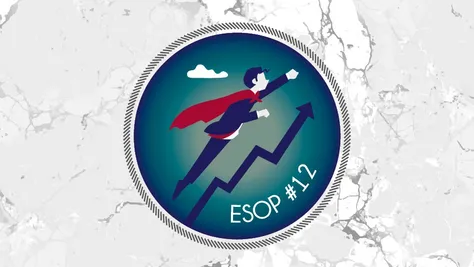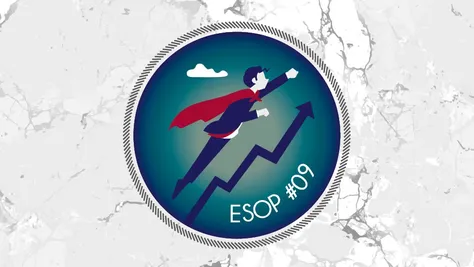In the very end of our Lex ESOP series, we will leave the “territorial waters” of corporate law and focus this time on ESOPs through the lens of tax law. In this post, we will introduce ESOPs through the lens of tax consequences and together we will look at the issue of commencement and termination of participation, or acquisition and subsequent transfer of a share, and the tax consequences of these dispositions of the share. The tax issue may ultimately be crucial for choosing the right form of an ESOP, how to provide for its rules and how to set up the entire ESOP in such a way that it is attractive for both founders and managers.
Commencement and termination of participation in an ESOP
In the previous post, which can be found here, we introduced the basic ways how the manager can start participating in an ESOP, how he can typically acquire a share and how he can terminate his participation and sell his share. Here we will continue with this issue and focus on the tax context of the whole process described above.
Tax issues related to the acquisition of a share in an ESOP
Typically, the manager will acquire a share once the necessary performance conditions (KPIs) have been met during the vesting period, as a result of which the manager will acquire the right to exercise the option. Based on the option right, the manager can then acquire shares in the company during a defined period of time (exercise period) . In certain specific circumstances, the acquisition of the option itself may be classified as taxable income, but this is generally not the case.
The acquisition of the share itself may made either at the market price or at a discounted price (i.e. below market price or for no consideration). This has tax consequences. The payment for the acquired share can also be made immediately, but it is also possible to postpone it to a later date.
It applies that a "discount" by which the manager who is an employee or a member of the statutory body pays for the share less when compared to the market price is considered a taxable (at a rate of 15/23%), and usually also compulsory insurance contribution (in total up to a rate of 45%) income from employment, when all these items are paid by the employer / company (as for the compulsory insurance contributions, a part for himself, a part for the manager, and as for tax, fully for the manager). If the manager pays the market price for the share, this issue does not have to be addressed.
Termination of participation and sale of a share
The termination of participation in an ESOP and the subsequent sale of a share can also take place in many different ways. Traditionally, either a call option in the form of the founder's right to purchase the target share from the manager, or a put option, i.e. the manager's right to demand the founder to purchase the share, can be considered.
On the basis of the exercised option, the sale of the share may be executed under market (or even preferential) conditions, especially if the good leaver conditions are met; however, there is also the possibility to request the purchase of the share at a reduced (penalty) price if the bad leaver conditions are met.
It is the possibility of selling the share in the future under market conditions that should motivate managers to run the company in a long-term, sustainable manner, with the aim of ensuring its stability in the future (as opposed to a preference for short-term success, which may be reflected in their remuneration on a one-off basis, but which may exhaust the company in the long term).
From a tax point of view, the consequences may be as follows.
The ESOP will usually aim to meet the so-called shareholding time test (three years for shares, five years for ownership interests in limited liability companies), which offers a great benefit. In such a case, the income from the sale will be exempt from tax (it is generally not subject to compulsory insurance contributions anyway) and the manager will only be obliged to report such income to the tax authority if it exceeds CZK 5 million in the tax year. If the time test is not met, the income (more specifically, the profit from the sale) will be taxable in the manager's tax return (at a rate of 15% or 23% depending on the amount of the manager's total tax base for the tax period).
Upcoming legislative changes
The much-discussed "consolidation package" maintains the above in principle, but with effect from 1 January 2025 it sets a cap on the exemption of income from the sale of shares by a manager at CZK 40 million for the tax period. However, this is only to the extent that the "sale" price will - simply put - reflect the increase in value after 31 December 2024. The provision thus raises interesting interpretative issues that will need to be addressed.
There is also a draft amendment to the Income Tax Act currently being discussed in Parliament which would defer taxation (and presumably social security) of the above-described non-monetary income ("discount") until a certain point in time, typically until the sale of the share (liquidity event). This draft amendment is also open to certain interpretations which, if approved, will have to be further addressed.










